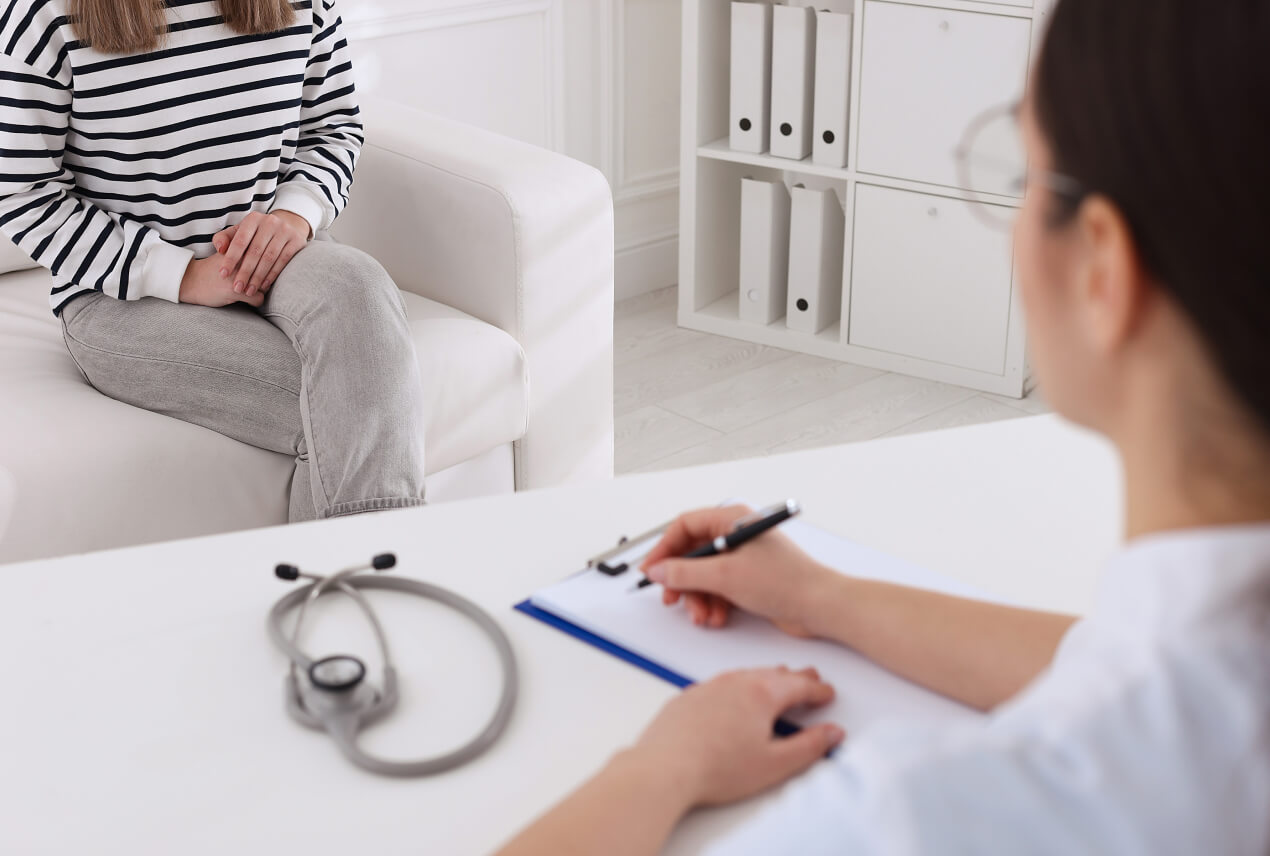Chlamydia is caused by the bacterium Chlamydia trachomatis and is the most frequently reported sexually transmitted disease (STD) in the United States.
In 2020, more than 1.5 million cases of chlamydia were reported in the U.S. This number was 13 percent lower than 2019, but this has been attributed more to a lack of in-person visits and an overall general reluctance to leave the house for medical help stemming from the COVID-19 pandemic. It's assumed that although the number of reported infections fell in 2020, it's unlikely the reduction is because of an actual decline in new infections.
It's also estimated that many cases go unreported because people with the infection often present no symptoms. Statistics indicate as many as 70 percent of women don't notice any symptoms. However, even if no symptoms are present, it should be noted the chlamydia infection can still be passed through unprotected anal, oral or vaginal sex.













